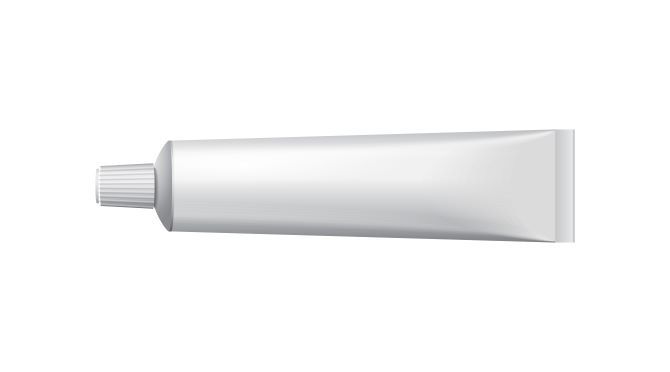Braskem, a petrochemical company in the Americas and a biopolymer producer, has forged into partnership with Colgate-Palmolive to expand actions that leverage the circular economy in packaging, an initiative that engages college students to develop packaging under the Design for Environment concept, which facilitates the recycling process and minimizes environmental impacts over the entire life cycle.
In this edition, students were challenged to create more sustainable toothpaste packaging for Colgate-Palmolive.The winning groups presented a toothpaste refill tube design and packaging made from Green Polyethylene , which is Braskem’s biobased plastic made from sugarcane that captures 3.09kg of CO2 from the air with each kilogram produced. Because it is an alternative that encourages proper waste disposal and stimulates the circular economy and the packaging is made from a renewable raw material (Green Plastic), the idea presented by the students could reduce environmental impact by up to 78%.
“It was very gratifying to participate in the Design Challenge. We were able to understand that what’s important to the plastics chain and society is that, after being used by consumers, the material is used to make other products. We definitely will think of resins as an important design material once we start our careers in product design,” said Stefanie Troquetti, a design student at Mackenzie University and member of the winning group.
“We are committed to making our packaging more sustainable, which is why we work with other companies and organizations that prioritize and support this cause. Participating in the Design Challenge gave us an opportunity to approach the topic with a solid foundation and open mind. We believe that collaborative efforts like this lead to the most innovative ideas,” explained André Moraes, Packaging Development Coordinator at Colgate-Palmolive.
Fabiana Quiroga, Braskem’s Circular Economy Director for South America, explained how sustainability principles are increasingly being incorporated into the day-to-day routines of companies and that the Design Challenge is an opportunity to broaden discussion of the topic. “It’s a great tool for connecting that also raises awareness in our value chain and facilitates the sharing of knowledge with future professionals. And According to Quiroga, rethinking design to consider any environmental and social impacts, as well as the product cycle, also is key to helping increase recycling rates.
Braskem’s Design Challenge has adopted a more modern and dynamic format that requires students to be more agile and creative to develop solutions at the speed required by the market. In the Colgate-Palmolive hackathon, students had approximately 30 hours to understand the company’s needs and surveys of consumer behavior and market trends, develop the project and create a prototype. In the prototype phase, 3D Criar provided the raw materials and 3D printers. In the last phase, students presented the prototypes to the examining panel, which included professionals from Braskem, the market and Colgate-Palmolive.
The students also received support from Braskem to base their projects on the Life Cycle Assessment (LCA) methodology, which measures potential environmental impacts caused by the production and use of a given product or service. LCAs consider all phases of the production process, from the extraction of raw materials to the product’s disposal by the consumer, as well as factors such as global warming and the use of natural resources, with data quantified in accordance with the standard ISO 14044.
Design and Engineering students from the colleges Belas Artes, Instituto Mauá and Mackenzie participated in the Colgate-Palmolive hackathon, who were selected by a technical commission from Innoscience and Braskem. In addition to Colgate-Palmolive, other Braskem partners participated in the event, such as Innoscience, an innovation consulting firm, and the mentors Luís Bartolomei, founder of the agency CBA+G, and Cláudia Weber, operations manager at Interbrand and a professor at ESPM.
Partnership with clients to drive the circular economy:
“The design and type of raw material for developing plastic packaging are important for reducing impacts on society. In addition to the importance of conscientious consumerism and proper disposal, the industry plays a key role in how products are presented to end consumers. At Braskem, we are inviting clients, participants in the value chain and society to expand their joint efforts to find innovative and more sustainable solutions. Braskem’s Design Challenge is one of the paths for connecting with people who can make a difference,” said Nicolai Duboc, Market Development Manager at Braskem.
“We continually invest in innovation and in the development of technologies to offer more sustainable solutions in the plastics chain. Specifically in the packaging segment, collaborating and co-creating with the various different links in the chain is crucial for building a new generation of packaging designed for the circular economy,” concluded Yuri Tomina, Market Development Manager at Braskem.
Source: Braskem website
Packaging 360 is a comprehensive knowledge sharing ecosystem for the Indian packaging industry. Our services include an online content platform to deliver news, insights and case studies; organising conferences seminars and customised training; Providing Bespoke Project Consulting, Market Research and Intelligence.







